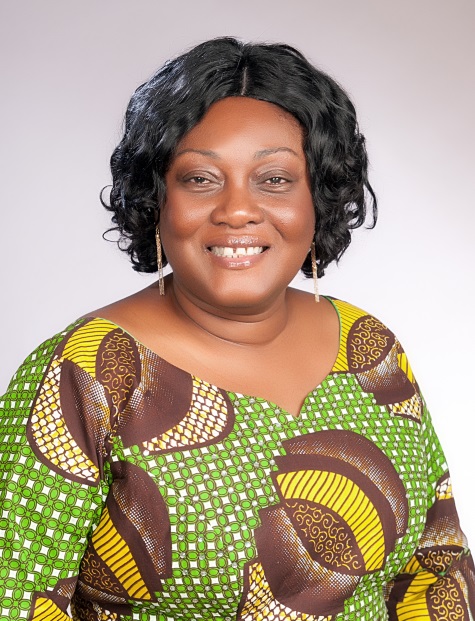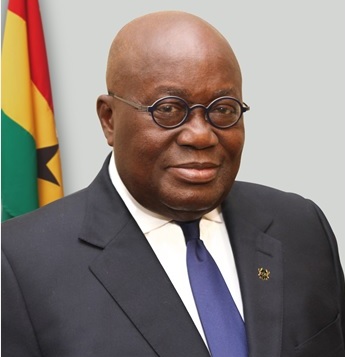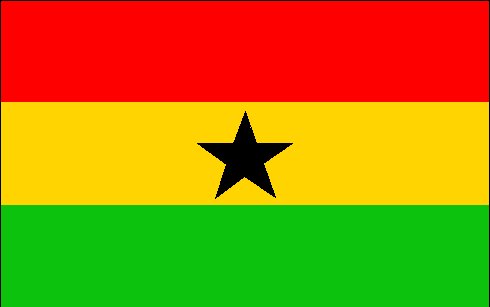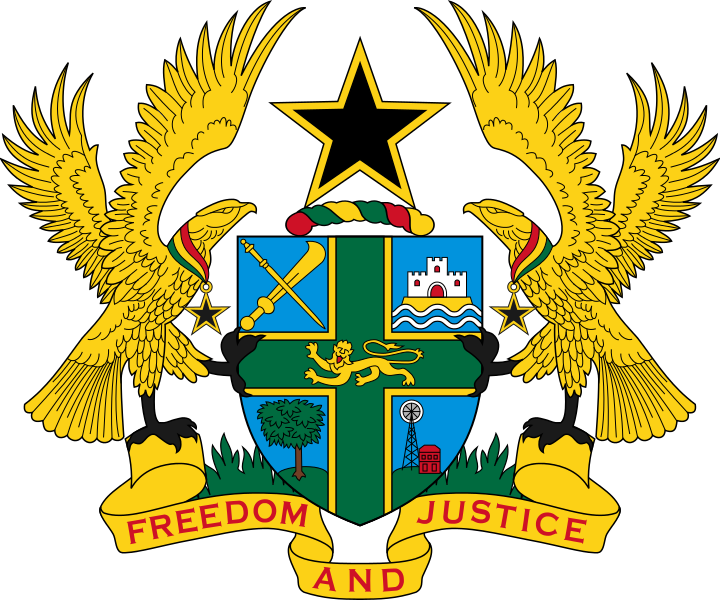Embassy of the Republic of Ghana, Berlin, Germany


H.E. Gina Ama Blay
Ambassador from the Republic of Ghana in Germany
All visitors to Ghana must possess a valid national passport.
A national of any member state of the Economic Community of West African States (ECOWAS) visiting Ghana may, however, produce a travel certificate in lieu of a passport.
ECOWAS members are: Benin, Burkina Faso, Cape Verde, Cote d'Ivoire, Gambia, Ghana, Guinea, Guinea-Bissau, Liberia, Mali, Mauritania, Niger, Nigeria, Senegal, Sierra Leone and Togo.
The Director
Ghana Immigration Service
Private Mailbag, Ministries Post Office
Accra, Ghana
I warmly welcome you to the website of the Embassy of the Republic of Ghana in the Federal Republic of Germany. In addition to Germany, the Embassy is concurrently accredited to the Republics of Estonia, Latvia and Lithuania. As you explore this site, you will discover more about Ghana and understand why it is often described as a ‘model democracy’ in Africa.
Here, you will find useful information about Ghana, her history, people, culture, geography, politics, tourism and economy as well as her enabling business environment which makes her one of the ideal investment destinations in Africa.
In addition to information on our consular services, there is an array of quick links to other relevant state institutions which you may explore. Ghana’s beautiful, diverse and colourful tourism attractions also await you.
There are currently Ghana Honorary Consul offices in Hamburg, Hannover and Munich which provide consular services (Business Visas and related services) in those areas. We are in the process of appointing new Honorary Consuls for Dortmund and Frankfurt as well as reopening the office in Warsaw (Poland). However, clients who require consular services in cities other than those mentioned above will be served in Berlin.
It is an honour for us in the Embassy to work towards deepening Ghana’s bilateral relations with the Federal Republic of Germany and the countries of concurrent accreditation as well as serving you in the best way possible. Therefore, I encourage you to feel free to send in comments, questions and/or suggestions/ideas on how to improve upon our services.
You are most welcome to explore Ghana here!
Gina Ama Blay
Excellency
Few attractive words about that image.

Few attractive words about that image.
Few attractive words about that image.
Few attractive words about that image.

Few attractive words about that image.

H.E. Nana Addo Dankwa Akufo-Addo
President of the Republic of Ghana
Embassy of Ghana
Stavangerstrasse 17 & 19
10439 Berlin, Germany
| Tel.: | +49 30 54 71 49-0 |
| Fax: | +49 30 44 67 40 63 |
| E-Mail: | chancery@ghanaemberlin.de |
| E-Mail: | consular@ghanaemberlin.de |
Opening Hours:
Chancery Section: 9.00hrs-15.00hours
Consular Section: Mondays - Thursday
Submission - 09.30 hours - 12.30 noon
Collection - 13.30 hours - 14.30 hours
The Consular section is closed on Fridays


H.E. Nana Addo Dankwa Akufo-Addo
President of the Republic of Ghana


Ghana achieved Independence on 6th March, 1957. The political struggles that preceded this historic event date back over a hundred years.
The early period of nationalist struggle for political independence created political awareness and desire to assert the right of self-determination both for the individual and the State.
As far back as 1850, Ghana, then The Gold Coast, was given its own Legislative Council to advise the colonial Governor in enacting legislation mainly in the form of Ordinances "for the peace, order and good government of the subject." The Legislative Council was purely advisory as the Governor exercised all legislative and executive powers.
In 1916 the Legislative Council was reconstituted to include nine nominated officials, six of whom were Africans, as opposed to eleven officials and the Governor. The first Legislative Council elections ever to be held took place in 1925 under the Guggisberg Constitution. Under this arrangement the Governor still retained complete control of legislation.
Under the 1946 Bums Constitution which replaced the Guggisberg Constitution, the representatives of the people formed the majority in the Legislative Council. The Governor ceased to be ex-officio President of the Legislative Council and an unofficial Member was appointed President. This system continued until 1951 when the Legislature elected its first Speaker under the 1950 Constitution.
In 1951 the first large-scale elections to the Legislative Assembly took place when 75 Members were elected. There were three nominated ex-officio Members and six special Members representing commercial and mining interests.
The 1954 transitional Constitution provided for an Assembly of a Speaker and 104 Members elected on party lines on the basis of universal adult suffrage.
In 1957, when Ghana achieved full political Independence the constitution was fashioned after the Westminster model. In June, 1960, ten women were elected by the National Assembly to fill specially created seats. This was done to expose women to parliamentary life. This system of election was not intended to be permanent. The Act made no provision for filling a vacancy caused by death, resignation or expulsion of a woman Member.
On 1st July, 1960 Ghana became a sovereign unitary Republic. In February, 1964 Ghana adopted a one-party system of Government. The First National Assembly of the Republic was , dissolved in 1965 and a general election in which all the 198 Members, all of them Members of the national party, the convention People''s Party (C.P.P.) were elected unopposed.The 1964 Constitutional Amendments among other things increased the powers and prerogatives of the President.
In February, 1966 the First Republican Government was overthrown by a military coup which installed a military government that remained in power up to September, 1969, when, on its own volition, it handed over power to another constitutionally elected government, and thereby restored parliamentary rule once again.
After only 22 months in office the second parliamentary democracy also succumbed to another military rule between January 1972 and October 1979, when under much political pressure, that military government was compelled to usher in the Third Republican parliamentary system. In December 1981 parliamentary democracy was once more thrown into cold storage as a result of yet another military coup. However, the country returned to constitutional rule again on 7th January, 1993.




Civil law in Ghana is based on the English Common Law doctrines of precedents, equity and general statutes. Ghanaian customary law is however the basis of most personal, domestic and contractual relationships. Criminal law is based on the 1960 Criminal Procedure Code, derived from amended English Criminal Law.
The Superior Court of Judicature comprises the Supreme Court, Court of Appeal, High Court, Regional Tribunals and Inferior Courts, which include Circuit Courts, Circuit Tribunals, Magistrate Courts, Community Tribunals and other designated courts as may be prescribed by law.


Tel.:+49 30 54 71 49-0
Opening Hours:The Consular section is closed on Fridays

Fax:+49 30 44 67 40 63
Opening Hours:
Tel.:+49 30 54 71 49-0
Opening Hours:The Consular section is closed on Fridays

Fax:+49 30 44 67 40 63
Opening Hours:
Tel.:+49 30 54 71 49-0
Opening Hours:The Consular section is closed on Fridays

Fax:+49 30 44 67 40 63
Opening Hours:
